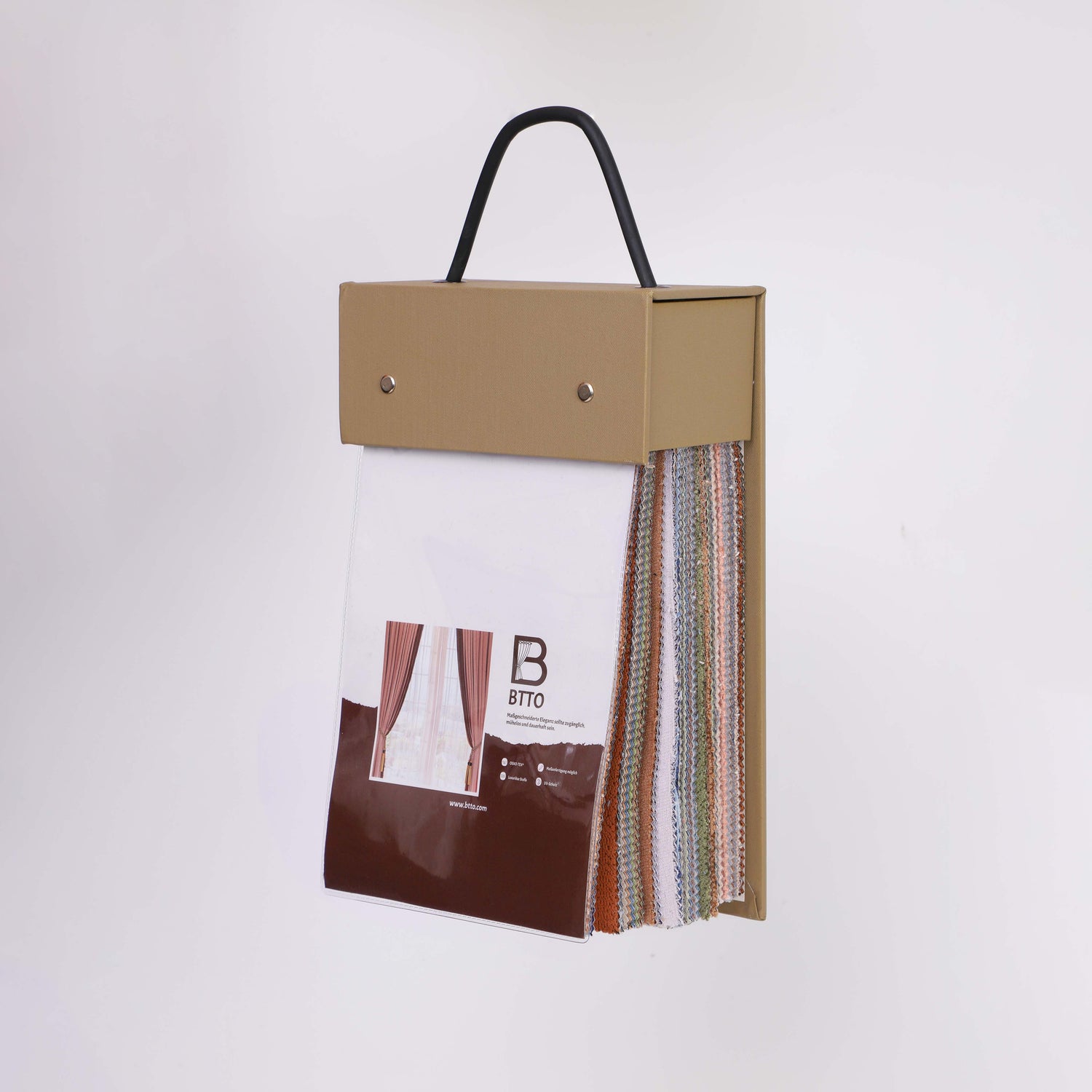
Home Office Curtains: Work more productively in a pleasant atmosphere
Effective work requires good light, calm colors, and less reverberation. Curtains are the simplest way to control glare, dampen echo, and organize the field of vision.

1. Glare-free light – the basis
- Inbetween/Voile: Diffused daylight, less screen reflections (collection).
- Orientation: North: light fabric okay; South/West: denser inbetween to prevent glare.
- Colors: Light, matte natural tones (greige/sage/gray-blue).
2. Acoustics & Focus
- Heavy outer layer (dim-out/velvet) reduces reverb; while calls partially close.
- Position textile surfaces to the side/behind the desk – echo breaks up more quickly.

3. Setup & Ergonomics
- Ceiling-high, side overhangs, calm wave image.
- Do not place the monitor directly in front of a bright window; move it to the side or close it in between.
- Order: Manage cables, keep shelves matte and closed – less distraction.

4. Color psychology for concentration
Sage calms, gray-blue organizes, and greige unites. Accents are minimal (wood, matte metals). More on the color effect
5. Practical scenarios
Small study
Inbetween + dim-out, tone-on-tone with wall; narrow, high curtain surface stretches.
Desk in the living room
In between during the day, close dim-out at night; curtain as a quiet background for video calls.

6. Care & Everyday Life
- Gentle wash, hang damp; gently reshape wrinkles.
- Remove dust regularly; matte surfaces stay clearer.
7. Common Errors & Fixes
- Shine in the field of vision: glare – choose matte fabrics.
- Dark, heavy tones everywhere: oppressive; better muted, light natural palette.
- Cover too narrow: Side gaps; allow for overhang.
8. Checklist & Quick Guide
- [ ] Inbetween for day, cushioning outer layer
- [ ] Ceiling-high, extra-wide, Wave
- [ ] Matte, muted colors
- [ ] Order: cables, shelves, reflections

